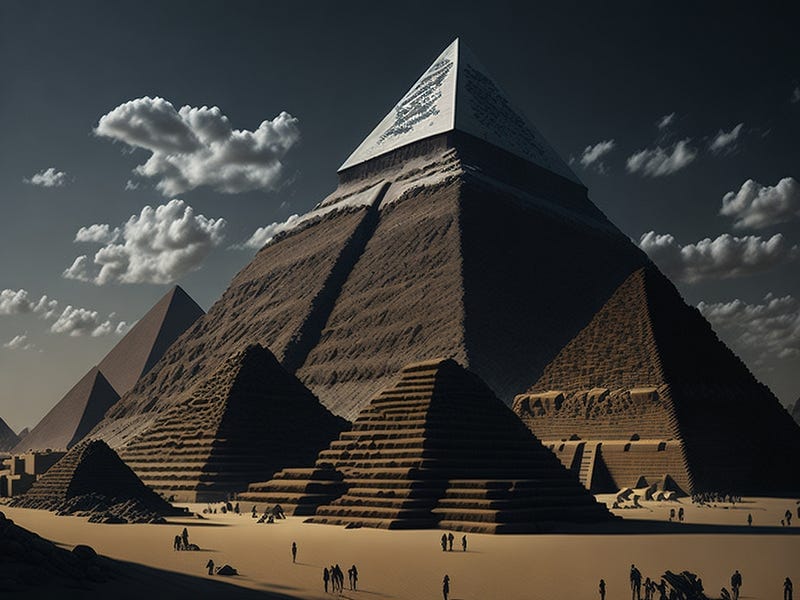Herodotus: The Enigmatic Father of History or Lies?
Written on
Chapter 1: Introduction to Herodotus
Herodotus, often referred to as the “father of history” or alternatively the “father of lies,” is a pivotal figure in the world of historical documentation. Renowned for his significant work, "Histories," he is also acknowledged as the first ethnographer. However, his integration of fictional narratives has drawn criticism from modern scholars.
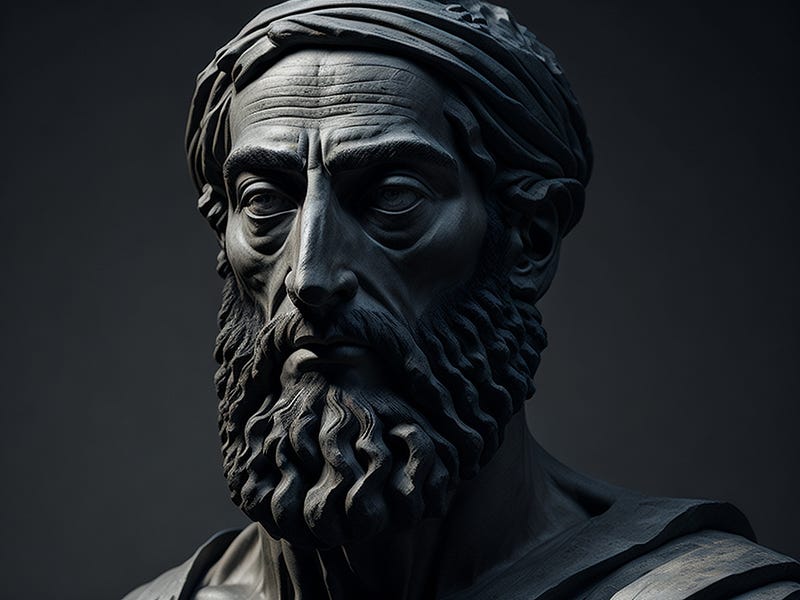
Born in 484 BCE in Halicarnassus (now Bodrum, Turkey), Herodotus passed away around 420 BCE in the Greek settlement of Thurium, Italy.
Chapter 1.1: Biography of Herodotus
Herodotus hailed from an affluent aristocratic family in Halicarnassus but spent little time there due to his extensive travels. In his early years, he opposed the local tyrant, Lygdamis, a satrap of the Persians, which led to his exile.
Initially, he found refuge on the Greek island of Samos. His journeys took him to Egypt, Mesopotamia, various Greek colonies in Asia Minor, Phoenicia, the Black Sea coast, Persia, and possibly Libya. His encounters with the Scythian warriors in Asia contributed to the foundation of "Histories." However, he had little knowledge of Northern Europe and spent a considerable part of his life in Athens, passing away during the Peloponnesian War, which pitted Athens against Sparta.
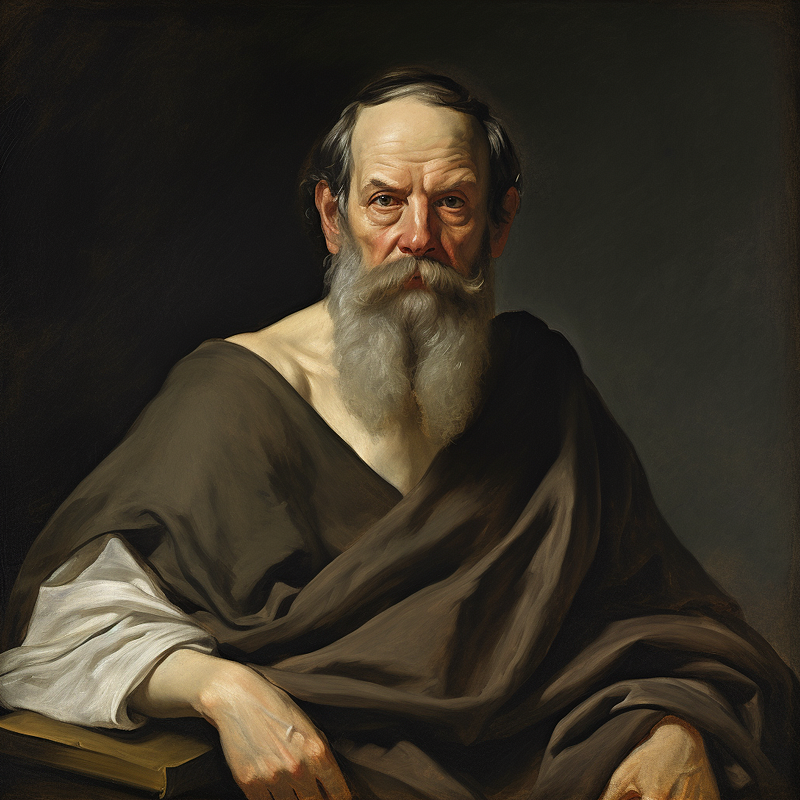
Chapter 1.2: "Histories": Herodotus’ Magnum Opus
"Histories," composed of nine books in the Ionian dialect, chronicles events from the mid-6th century BCE to 479 BCE, centering around the Greco-Persian Wars. The initial four books detail the history of the Persian Empire, while the latter five focus on military conflicts. The text also includes numerous ethnographic and geographical observations, reflecting Herodotus’ fascination with the diverse cultures he encountered.
Written amid the Peloponnesian War from 430 to 425 BCE, "Histories" predominantly recounts the struggles against Persia. Though he did not witness the complete publication of his work, "Histories" was later segmented into nine books during the 3rd century BCE, each named after one of the Muses.
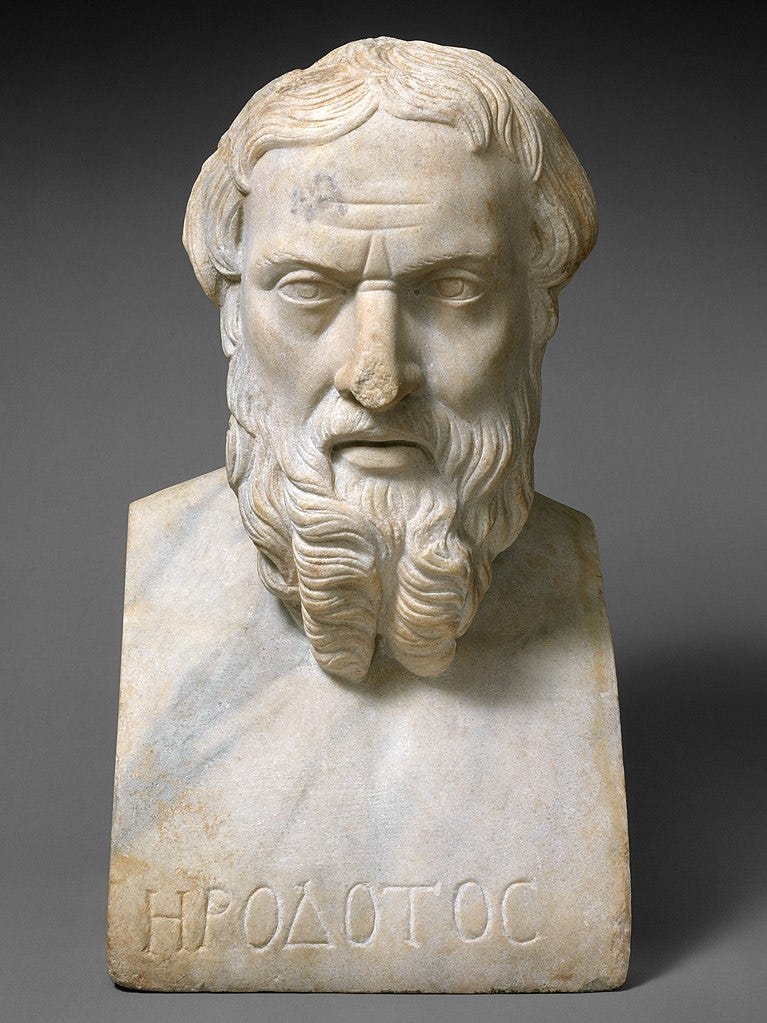
Chapter 2: Herodotus’ Enduring Influence
Herodotus is celebrated as the first historian, geographer, and ethnographer. He gathered information directly from the people he met during his travels. While many regard him as the “father of history,” skeptics often label him the “father of lies.” This dichotomy arises from the variable accuracy of his accounts.
The first video titled "37 Herodotus, The Father of Lies" explores the contrasting views on Herodotus' credibility, shedding light on why some regard him as a liar.
Chapter 2.1: Herodotus in Egypt
Herodotus was particularly captivated by Egypt, stating, “I will now speak at length about Egypt, for it possesses more wonders than any other country.” He focused on the northern region, including the Nile Delta and the Giza pyramids. His detailed observations about customs, including mummification, offer valuable insights.
He described the mummification process in detail, explaining, “First, with a hooked iron they draw out the brain through the nostrils...”
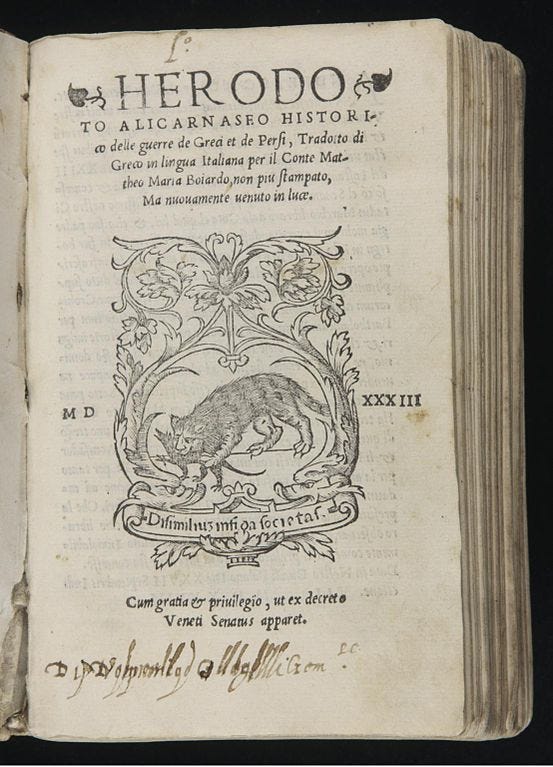
While some of his accounts are accurate, others are questionable. It is believed that he relied on lower-level Egyptian priests for some information, which may have been exaggerated.
The second video, "The First Historian Was A 'Malicious Liar'," examines the criticisms against Herodotus, discussing the reliability of his historical accounts.
Chapter 3: The Legacy of Herodotus
Herodotus’ influence extends beyond his own time, with later historians like Strabo and Diodorus Siculus drawing on his work. Conversely, Ctesias, a physician at the Persian court, chronicled Persian history in the late 5th to early 4th century BCE, though his writings are considered less reliable than those of Herodotus.
Herodotus’ blend of fact and fiction invites scrutiny, highlighting the challenge of distinguishing between the two in historical narratives.
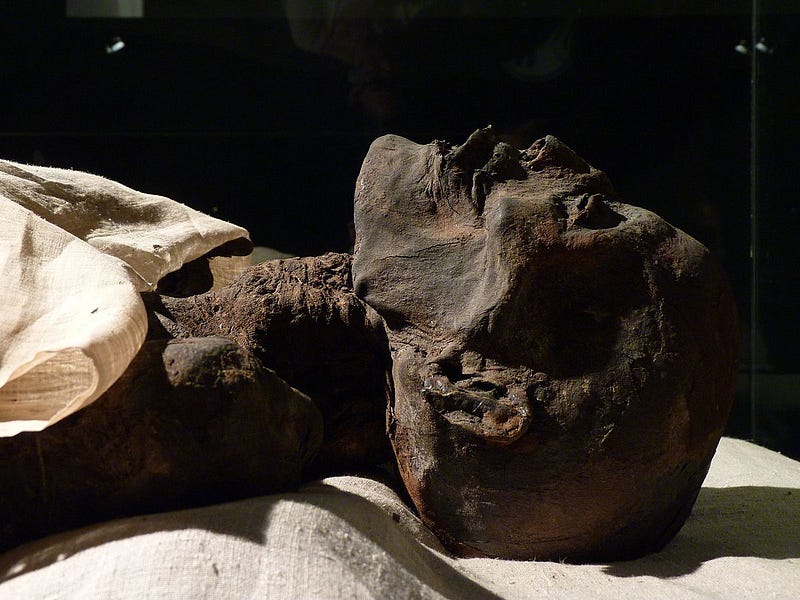
In conclusion, Herodotus remains a complex figure in the annals of history, embodying both the pursuit of knowledge and the potential pitfalls of historical documentation.
Attention all readers!
As a creator on Medium.com, I face minimal compensation for my work. If you appreciate my articles, please consider supporting me on my "Buy Me a Coffee" page. Your contributions significantly help in producing quality content. Thank you for your support!
